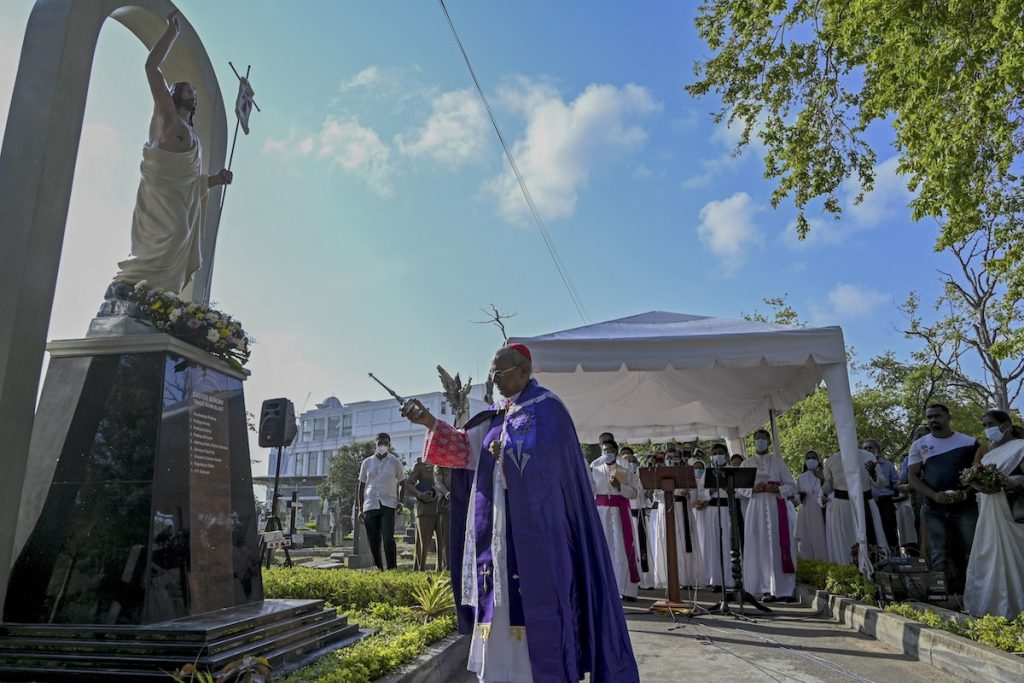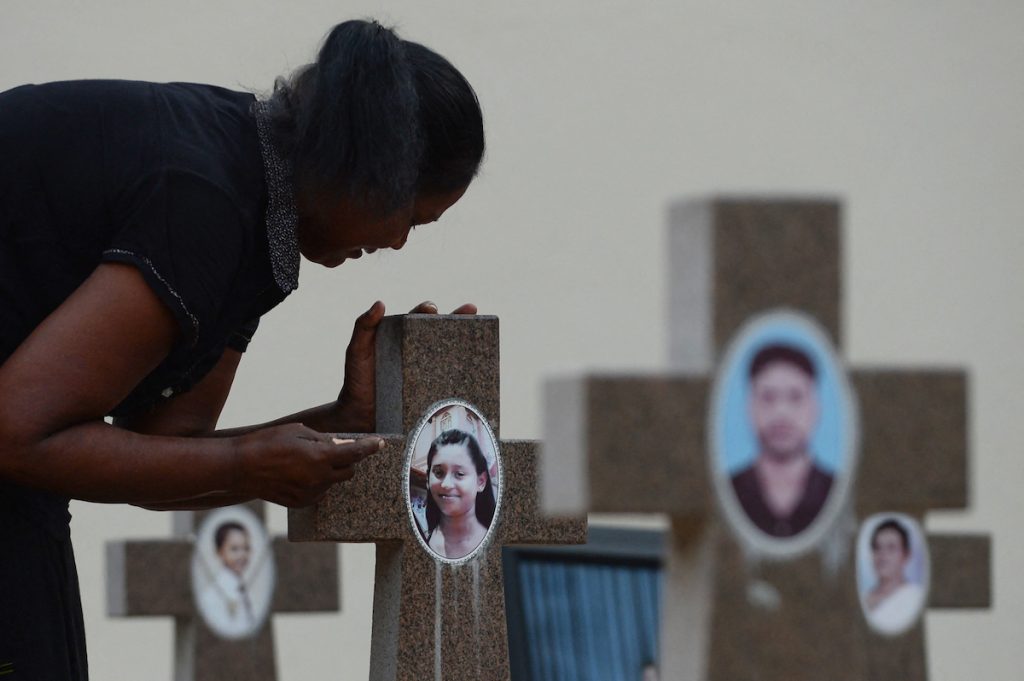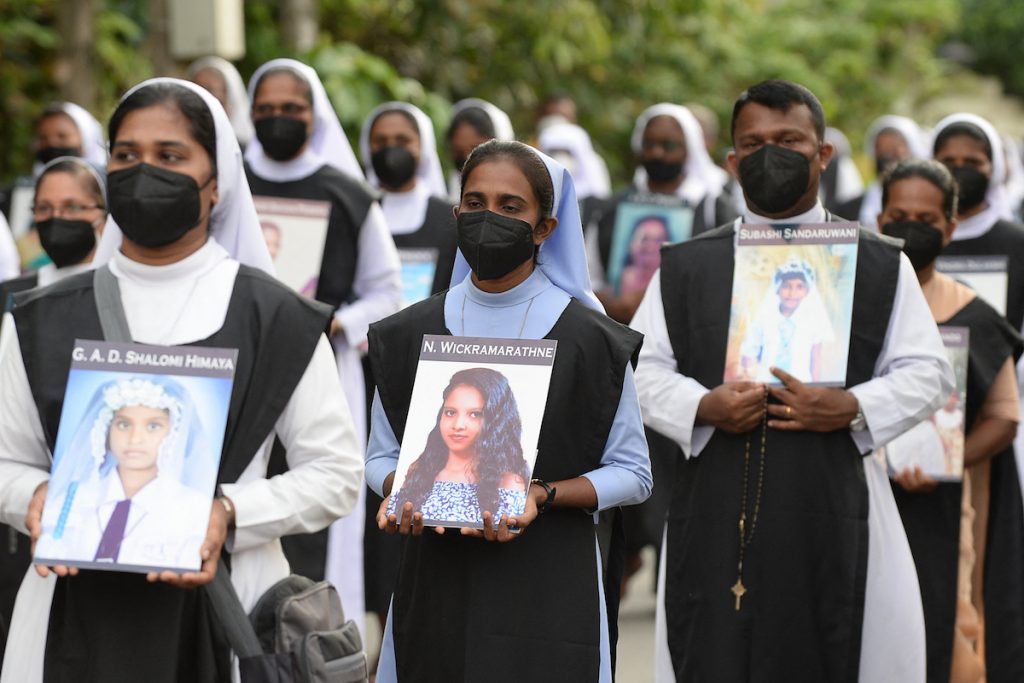
Cardinal Malcolm Ranjith of Colombo called on Sri Lanka’s Muslims to reject extremism as the country marked the anniversary of the 2019 Easter Sunday bombings that killed 269 people.
“Be brave enough to reject extremism,” said the prelate during the commemoration of the second anniversary of the attacks at St. Anthony’s Shrine in Colombo on April 21.
“You fully understand that there is no connection with religion and teachings to murder,” he added.
Groups linked to the so-called Islamic State were responsible for the simultaneous blasts at two Catholic churches, a Protestant church and three tourist hotels on Easter Sunday two years ago.
Cardinal Ranjith, however, accused the government of stalling investigations into the bombings even as nearly 200 people were arrested within days of the attacks. No one has yet been charged.
“We have to stress that what is happening at the moment is an attitude of ‘no care’ where all factors are not properly investigated,” said the cardinal at the commemorative service.
The cardinal has earlier called for the prosecution of former president Maithripala Sirisena for failing to prevent the attacks despite advance warnings.

An investigation ordered by Sirisena soon after the bombings found that he and his intelligence officials had precise information from India about the attack 17 days earlier but failed to act.
Cardinal Ranjith appealed to the country’s Muslims to join Catholics in determining the truth behind the Easter bombings.
Muslim religious leader Hassan Moulana, who also spoke at the service, said Muslims around the world condemn the attacks and that Islam offers no justification for the crime, reported AP.
He said the Muslim community in Sri Lanka has disowned the attackers and has not allowed their bodies to be buried in its cemeteries to show their acts are not part of Islam.
The government of President Gotabaya Rajapaksa, who came to power later in 2019 after promising to determine the truth behind the attacks, is under pressure to find the mastermind.
It accused an Islamic cleric arrested soon after the attacks of being the organizer, but the claim has not been accepted by the Catholic Church, which suspects there was larger foreign involvement.

Cardinal Ranjith said players in global geopolitics and their local agents find religious extremism a useful instrument in achieving their goals.
“We are surprised that even after two years, answers to the questions of who and why and what of these attacks have not been found by the relevant authorities,” said the cardinal.
“We often see that there are political reasons behind some of the investigations stalling,” he added.
“Even though we wish to forgive all these things we would like to know what really happened,” said the Catholic prelate.
Cardinal Ranjith has earlier said a presidential commission that investigated the attacks focused on failures by those in power at the time to prevent the bombings, instead of on finding the people who were directly responsible.
Both Muslims and Catholics are minorities in Sri Lanka, where Buddhists make up 70 percent of the population. Muslims, who make up nearly 10 percent of Sri Lanka’s 21 million people, have faced increased attacks from majority Sinhala Buddhist hardliners over the past decade.
Source: Licas Philippines
0 Comments